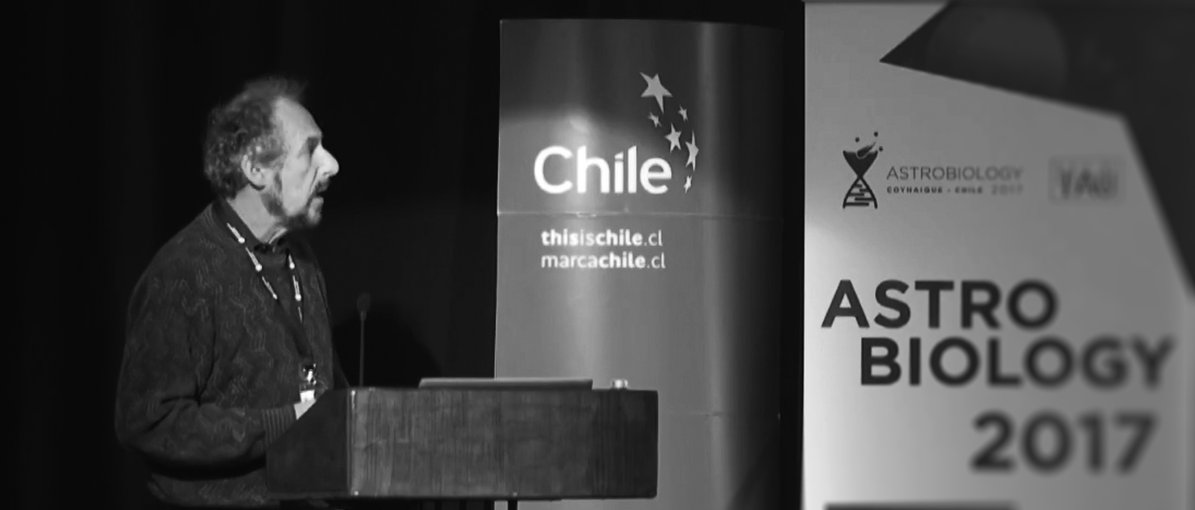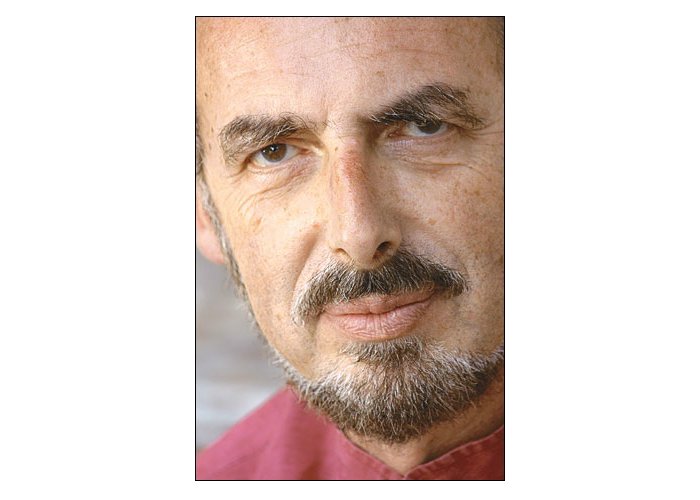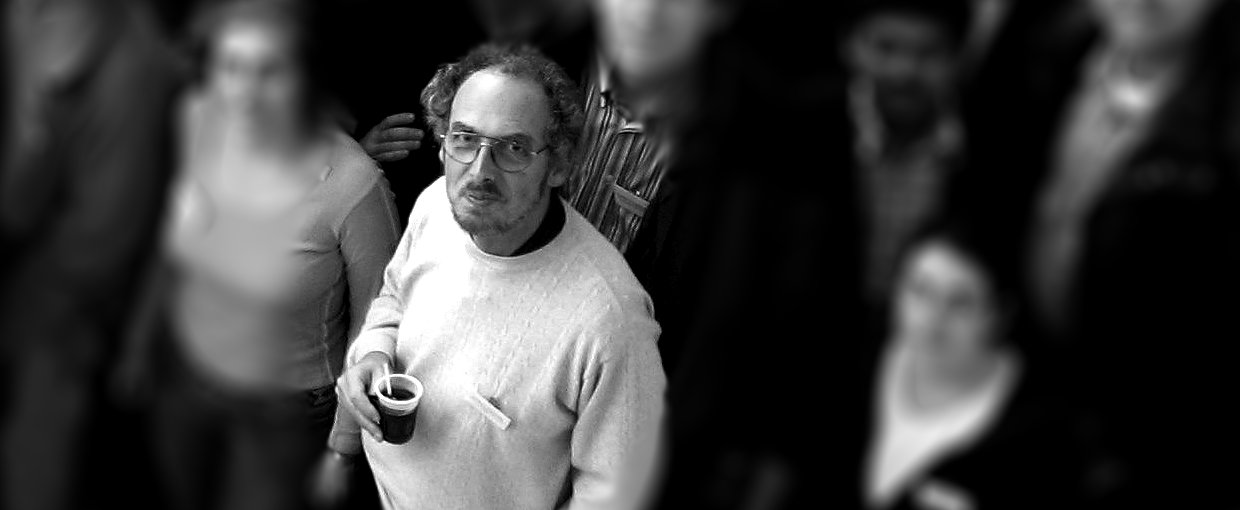Written byAaron GronstalSource
NASA Astrobiology

Dr. Andrzej (Andrew) Pohorille, a foundational contributor to astrobiology at NASA, passed away on January 6, 2024. Pohorille was a pioneering mind in the area of modeling the origins of life (OoL), developing computer simulations of biomolecular systems, models of genetic and metabolic networks, and studies on statistical mechanics of condensed phases. His work produced novel computational methods for parallel and distributed computing, and new ways for organizing scientific information.
Andrew was born in Poland and arrived in the United States when he was thirty years old. He had just obtained his PhD in Biophysics from the University of Warsaw in Poland, where his doctoral thesis won him the Award of the President of University of Warsaw. He went on to complete postdoctoral work at the Institut de Biologie Physico-Chimique in Paris. From 1982 to 1992, Andrew served as an Assistant Professor and then Associate Professor in the Department of Chemistry at the University of California at Berkeley. At Berkeley, Andrew and colleagues worked on fundamental physical processes related to the origins of life.
In 1992, Andrew accepted a position as professor of Chemistry and Pharmaceutical Chemistry at the University of California San Francisco. Then, in 1996, he began work at the NASA Ames Research Center in Mountain View, California. At Ames, Andrew directed the NASA Center for Computational Astrobiology and later became a co-lead for the Center for Life Detection (CLD).

Andrew Pohorille speaking at the Astrobiology 2017 Conference in Chile (November 26th-December 1st, 2017).Image credit: NASA Ames, Pohorille.
Andrew conceived and led the development of the Life Detection Knowledge Base (LDKB), a community web tool designed to support and advance our readiness to seek evidence of life beyond Earth. Among the innovations that Andrew brought to the design of LDKB was to organize knowledge in a format that reflects the nature of scientific discourse, in order to promote and capture a community-level dialog about the science of life detection.
Through his twenty-seven years of service at NASA Ames, Dr. Pohorille had a major impact on OoL studies and encouraged the exchange of ideas across the many disciplines encompassed by astrobiology. He published over 100 scientific articles on topics ranging from the role of simple proteins in the OoL, to molecular mechanisms of drugs, to in situ high-throughput techniques for space biology. His body of work includes many notable publications including one of the earliest molecular dynamics simulations on supercomputers (doi.org/10.1177/109434209000400309) and a highly influential paper of value to both astrobiology and other fields that establishes best practices in free energy calculations (doi:10.1021/jp102971x).
Andrew was also dedicated to supporting efforts to increase diversity within the field of astrobiology. He worked extensively with Historically Black Colleges and Universities (HBCUs) and led the development of the Exobiology Scholars Program, which provides sustained mentorship over multiple years to young scientists from underrepresented groups.
Andrew’s dedication to nurturing the future generation was evident through his mentorship of numerous undergraduate students, graduate students, and postdocs. Many of the postdocs he trained went on to achieve prominence in the field.
Andrew’s valuable work at NASA earned him a NASA Award for Astrobiology in 2000 and the NASA Exceptional Scientific Achievement Medal in 2002 for work on free energy calculations (doi.org/10.1063/1.1410978). In 2005 he was named as Distinguished Lecturer at the Centre for Mathematical Modeling and the National Centre for Space Research in the United Kingdom. He was also recently presented the prestigious NASA Exceptional Service Medal for “distinguished service and sustained contributions to NASA’s establishment of Astrobiology as a vibrant, rigorous, and accessible scientific discipline.
Dr. Andrew Pohorille will be greatly missed as a role model, mentor, and pivotal figure in the astrobiology community.

Dr. Andrzej (Andrew) Pohorille.Image credit: NASA Ames.
If you were a colleague, student or friend of Dr. Pohorille and would like to leave a tribute, please Click Here.
Related:
Computing the Origin of Life
‘Handyman Of Proteins’ Got Life Started
Center for Life Detection (CLD)
Andrew was the intellectual drive behind the Center for Life Detection (CLD) Life Detection Knowledge Base, a tool which may soon become the forefront repository of biosignatures for the astrobiology community, not only as a comprehensive database capturing known biosignature knowledge, but also one that captures how that knowledge evolves through scientific discourse, and all of the complex nuances of that given biosignature. I am thankful for his scientific vision, his years of dedication on work that led to this project, and his often critical rigor, which in the end strengthened the tool - up until his very last days. I am also thankful for his support of my work to expand the LDKB and engage its users and the broader community, particularly students, to understand its value in the process of mission planning. His legacy lives on through the LDKB.
Andrew's debater personality is at the core of the architecture of the Life Detection Knowledge Base, which confronts pro and con arguments regarding the prevalence and strength of biological and abiotic signals in planetary environments. His personality surely came through as he conceived the LDKB around an exchange of arguments, a clever way to encapsulate with fidelity and rigor the complexities inherent in the search for life that are bound to challenge us again as more evidence is uncovered by future observations and measurements. Thus, through the LDKB, his person –not just his work– will live on to guide the astrobiology community's search for evidence of life beyond Earth.
Andrew and I met in first Class of Primary School in 1956. We became Friends, and stayed best friends through our entire life. We kept in touchpad All those years, and I miss Andrew greatly. He was a great Person.and Friend. RIP.
